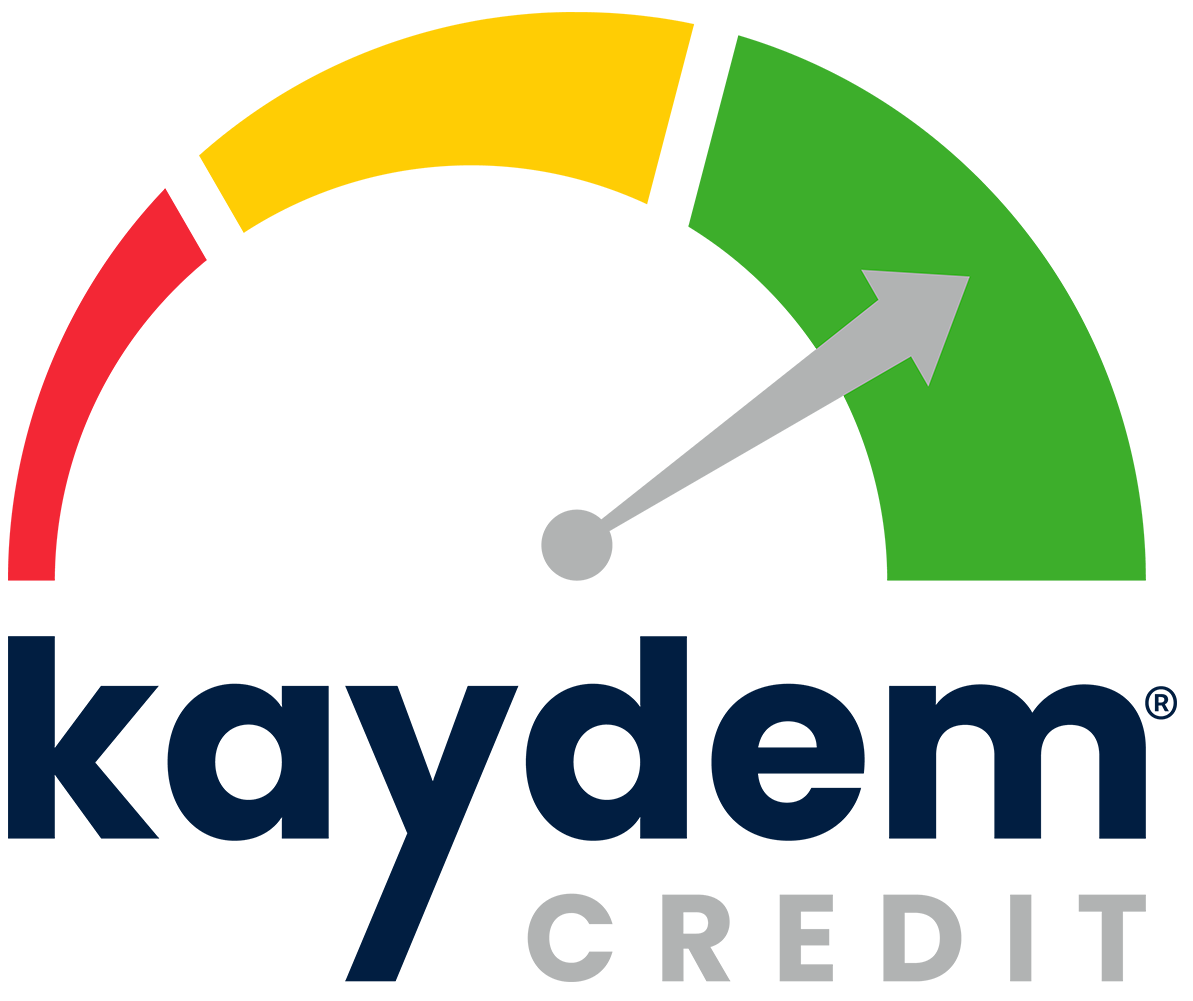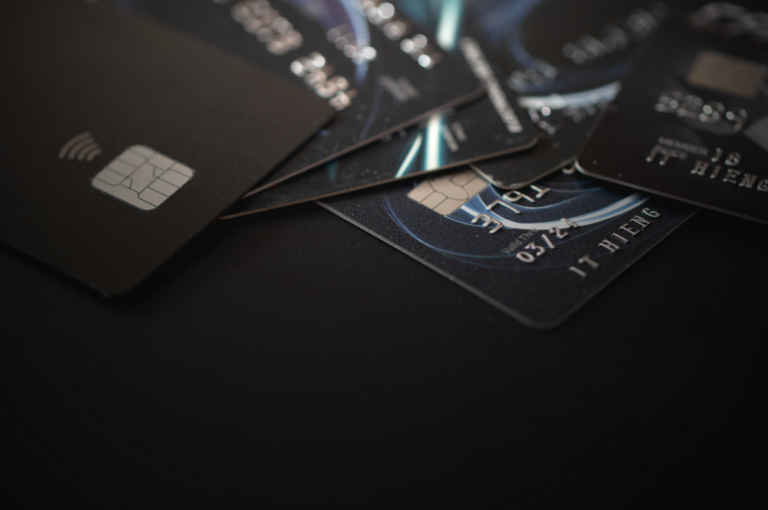From traditional bank loans to venture capital, the possibilities can be overwhelming when deciding how to fund your business. But what about using personal credit for business expenses? Is it a viable option? And more importantly, which one should you choose?
While both avenues have pros and cons, the decision ultimately depends on your unique situation and goals. This article will explore the benefits and drawbacks of using personal credit and compare them to traditional business loans to aid you in determining the best path forward for your business.
Understanding Personal Credit and Business Loans
Personal credit, often called consumer credit, is a loan extended by financial institutions that you can use for personal expenses, such as credit cards, personal loans, or lines of credit. The terms and conditions, including interest rates and repayment periods, may vary depending on the lender and the borrower’s creditworthiness.
Your personal credit score, which ranges from 300 to 850, is a crucial factor that lenders use to determine your creditworthiness. The higher your score, the more likely you will be approved for credit and the better your terms. Your credit score is determined by several factors, including your payment history, the amount of debt you have, the length of your credit history, the types of credit you have, and how often you apply for new credit.
On the other hand, business loans are specifically designed for business purposes. They come in various forms, such as term loans, equipment financing, lines of credit, and commercial mortgages. These loans are usually granted based on the business’s creditworthiness and financial health rather than the individual business owner’s personal credit.
A business loan might require collateral, which can be business assets like real estate, equipment, or inventory. The loan terms, including the interest rate and repayment period, usually depend on the type of loan, the purpose of the loan, the business’s financial health, and the lender’s policies.
Despite personal credit cards typically being used for personal expenses, many aspiring business owners use them to start their businesses, but is this a good idea, or are you setting yourself up for financial ruin?
Using Personal Credit for Business Expenses
Advantages of Using Personal Credit for Business Expenses
Easier Access and Approval
One of the significant advantages of using personal credit instead of business loans is the relative ease of access and approval. Obtaining a business loan can be challenging for startups and small businesses without a proven track record or established business credit history. Lenders often require detailed business plans, financial statements, and sometimes even collateral to approve a business loan.
On the other hand, personal credit is primarily based on an individual’s creditworthiness, which is determined by factors such as payment history, credit utilization rate, and length of credit history. Therefore, you may find getting approved for personal credit easier and quicker than a business loan if you have an excellent personal credit score.
Flexibility
Personal credit often provides more flexibility than business loans. With a personal credit card or line of credit, you can borrow as little or as much as you need up to your credit limit, and you only pay interest on the amount you borrow. This flexibility can be especially beneficial for businesses with fluctuating cash flow needs.
In contrast, business loans typically provide a lump sum of money upfront, which you start paying interest on immediately, regardless of whether you use all the funds immediately. Moreover, adjusting the loan amount after approval can be complicated and require a new loan application.
No Collateral Required
Most personal credit options, like credit cards and unsecured personal loans, do not require collateral, meaning you can access funds without risking your personal or business assets.
In contrast, many business loans, especially larger ones, require collateral, such as business equipment, inventory, or real estate. If the business defaults on the loan, the lender can seize these assets to recover their loss. By using personal credit, you avoid putting your business assets at risk.
While these advantages make personal credit an attractive option for funding business expenses, it’s also essential to consider the potential downsides. Using personal credit for business can blur the line between your personal and business finances and may put your assets at risk if the company fails.
Disadvantages of Using Personal Credit for Business Expenses
Risk to Personal Finances
While using personal credit for business purposes can offer more streamlined access to funds, it also comes with certain risks. The most significant is the potential risk to your personal finances. If your business struggles or fails, you’re still personally responsible for repaying the debt. This could lead to significant financial strain and could even result in personal bankruptcy in extreme cases.
Moreover, mixing personal and business finances can make tax time more complicated, as you’ll need to separate business and personal expenses for deductions and reporting carefully.
Potential Negative Impact on Credit Score
Your credit score can be negatively impacted if you use personal credit for business purposes and struggle to manage repayments. High credit utilization, which refers to the percentage of your available credit that you’re using, can lower your credit score. If you’re using personal credit cards to fund large business expenses, you could quickly max out your credit limit, leading to high credit utilization.
Late or missed payments will also negatively impact your credit score. Given that your personal credit score affects your ability to secure loans, mortgages, or even rental agreements, it’s essential to consider this risk.
Limited Funding
Personal credit limits are typically much lower than potential business loan amounts. For small, routine expenses, a personal credit card may suffice. However, a personal credit line might not provide sufficient funds for larger business needs like purchasing property, heavy equipment, or funding significant expansion plans.
In contrast, business loans can offer much more substantial amounts of money, often in thousands or even millions of dollars, depending on the business’s creditworthiness and the lender’s policies.
While personal credit cards and business loans have pros and cons, most business owners still find themselves torn and searching for another option that offers the best of both options without any of the drawbacks. In this case, they are going an entirely different route – business credit cards.
Using Business Credit: Getting the Best of Both Worlds
Business credit can offer a compelling middle ground between personal credit and business loans, providing many of the benefits of both while mitigating some of their drawbacks.
Separation of Personal and Business Finances
Using business credit helps to separate your personal and business finances. This separation simplifies bookkeeping and tax preparation and protects your personal assets from business liabilities and vice versa.
Potential for Higher Credit Limits:
Business credit cards often come with higher credit limits than personal credit cards, allowing you to make larger purchases without maxing out your credit limit, which can help keep your credit utilization rate low and protect your credit score.
Build Business Credit History
Just like with personal credit, responsibly using a business credit card can help you build a strong business credit history. This can be beneficial for securing larger business loans in the future, negotiating better terms with suppliers, and even attracting potential investors.
Access to Business Perks and Rewards
Many business credit cards offer perks and rewards explicitly tailored to businesses. These might include cash back on business-related purchases, travel rewards, and discounts with partner companies. Some cards also offer free employee cards and detailed spending reports, which can simplify expense tracking and budgeting.
Flexibility and Accessibility:
Like personal credit, business credit provides the flexibility to borrow as needed up to your credit limit, which can be especially handy for managing cash flow. Getting approved for a business credit card is generally easier and faster than a business loan, especially for newer businesses or those without established business credit histories.
Business credit cards offer businesses a slew of advantages, and if you’re interested in learning more about how to access this type of funding for your business, click here for a free resource that will give you an in-depth look at how to start the process. This resource will teach you how to access up to $250,000 of zero-interest business credit to start or grow your business while leaving your personal credit in pristine condition.
Choosing the Right Financing Option
Whether you opt for personal credit, business loans, or business credit to fund your business needs ultimately depends on your unique circumstances and financial goals.
Before deciding, take time to thoroughly understand each option and consider seeking advice from a financial advisor or accountant. Remember, the goal is not just to secure funds but to do so in a way that supports your business’s long-term financial health and growth while protecting your personal credit and assets.







